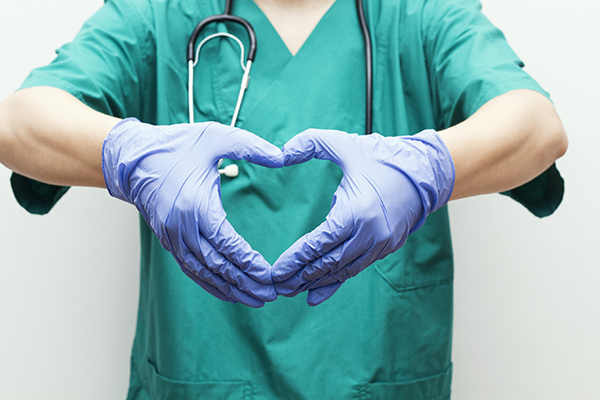It’s no small feat to recover from heart surgery. It comes with an intricate system of transitional care needs, from dietary changes to incision care, managing pain, swelling reduction, and more. The last thing an older adult wants after arriving home from such a traumatic event is to face the need for rehospitalization.
To help a senior loved one recover from heart surgery as fast and as safely as possible, read through the following recommendations for effective transitional care:
Managing Pain
At first, there may be some incision or muscle discomfort in the chest area during physical activity, but there should not be pain in the chest comparable to the pain prior to surgery.
- Itching, tightness and/or numbness in the area of the incision are common after surgery.
- A prescription for a pain medicine will be given before leaving the hospital.
- Walking, daily activities, and time will help to lessen leg discomfort and stiffness.
- If the surgery was bypass surgery, and if vein grafts from the legs were used, there may be more pain in the legs than around the chest incision.
Incision Care
The doctor will provide you with steps on how to care for the incision before being discharged from the hospital. Concerns to be aware of include:
- The incision can be delicately cleaned (don’t rub) with soap. Do not use creams or lotions on incisions until healing is complete.
- Avoid extreme hot or cold water temperatures, as they can cause dizziness.
- If the incision is healing and dry, quick showers (no longer than ten minutes) are usually allowed. If there are sutures in the chest, stand with back to the shower spray.
- If showers are not accessible, short baths (limited to ten minutes) may be taken.
- Sometimes, a lump or swelling appears at the top of the chest incision, and can take a few months to go away altogether.
- Always keep the incision clean and dry.
Swelling
It is possible to go back home with some level of swelling in the legs and feet, particularly if vein grafts were taken from the legs. If swelling is noted:
- Do not cross legs while lying in bed or sitting. This places pressure on the veins under the knees and slows down blood flow.
- Hospital support hose may be recommended.
- Lift feet higher than heart level when resting. Attempt to do this three times a day for one hour to minimize swelling. (Note: recliners do not adequately elevate feet.)
- Walk daily even if legs are swollen.
The transitional care time period can be overwhelming, and it’s easy to feel the need to talk to a doctor for every single concern as a loved one recovers from heart surgery. This is understandable and expected; however, the following are the symptoms that warrant a call to the doctor right away:
- Temperature above 101 degrees F on more than one occasion or chills for 24 hours.
- Significant oozing, redness, swelling or tenderness at the incision sites.
- Unusual pain or other symptoms not alleviated by medications.
- If the sternum feels like it moves, or it pops or cracks with movement.
- Increased fatigue or shortness of breath.
The skilled home care team at Compassionate Care Home Health Services can help significantly in keeping an older adult on the road to recovery following heart surgery by providing personal care services, helping around the residence and with meals to allow them to rest and recuperate, running errands, picking up medications, and so much more. Reach out to us online or at 877-308-1212 to find out more about how we can help you in Cadillac, Saginaw, West Branch, and the surrounding areas.

